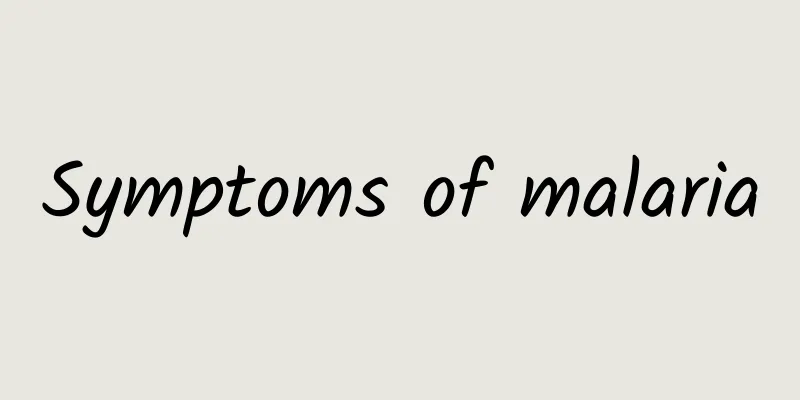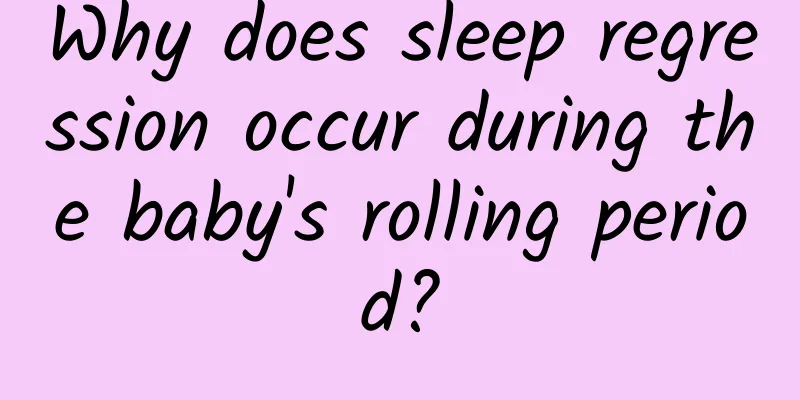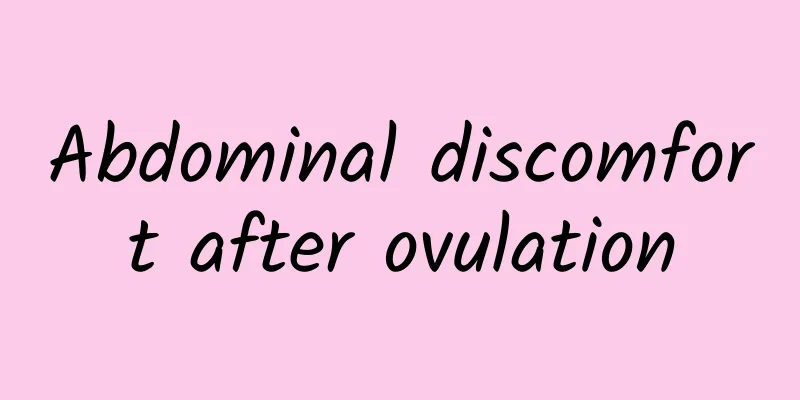Sequelae of autoimmune encephalitis

|
Autoimmune encephalitis is a common encephalitis. When patients suffer from this encephalitis, they are often prone to epileptic seizures, which can lead to memory loss, and often manifest as mental abnormalities, incoherent speech, communication barriers, and inability to study and work normally. For such people, it is necessary to adopt good methods for treatment in a timely manner and actively treat the primary disease. Sequelae of autoimmune encephalitis The sequelae of autoimmune encephalitis patients mainly include epileptic seizures, mental attacks and memory impairment. People who have seizures need to take anti-seizure drugs. Psychotic episodes are characterized by mental abnormalities, abnormal behavior, incoherent speech, communication disorders, and inability to work and study normally. Such patients can be given antipsychotic drugs, and their mental symptoms will gradually be controlled after active treatment of the primary disease. Most autoimmune encephalitis affects the limbic system such as the temporal lobe, hippocampus and other parts, causing memory loss in patients. Patients can be given brain cell nourishing drugs to improve memory function. What is encephalitis Encephalitis refers to an inflammatory lesion caused by the invasion of brain parenchyma by pathogens. Depending on the scope of the cause, it can be divided into broad and narrow sense. In a narrow sense, it refers to the inflammatory changes caused by direct invasion of the brain parenchyma by pathogenic microorganisms. The vast majority of causes are viruses, but they can also be caused by infections such as bacteria, fungi, spirochetes, rickettsia, and parasites. In addition, there are non-infectious encephalitis, autoimmune encephalitis, etc. Most patients need to undergo a biopsy to determine the specific type. Symptoms of meningitis in children 1. High fever (40°C), stiff neck, severe headache, loss of appetite, confusion, vomiting, convulsions, fatigue, drowsiness, sensitivity to light, small blood spots on the skin, skin rash {especially in the armpits, hands, and feet}. These symptoms of meningitis are similar to those of a cold and are often the cause of misdiagnosis. Symptoms may change within one to two days, and some may become life-threatening within hours. 2. In infants and newborns, high fever, headache, and stiff neck are not typical symptoms, and sometimes low temperature may occur instead. The symptoms experienced by this group of patients include: high-pitched and continuous crying, unusual drowsiness, poor appetite, extreme sensitivity, and some having swollen fontanelles. 3. The above symptoms may or may not appear, but they will show latent symptoms such as confusion and dullness. 4. Severe bacterial meningitis may also cause symptoms such as shock, coma or convulsions {similar to epilepsy}. |
<<: What is the best medicine for encephalitis?
>>: Differentiation of cerebrospinal fluid in three types of encephalitis
Recommend
What are the effects of agarwood aromatherapy?
Agarwood can be said to be the most precious of a...
The best way to treat frequent urination in women
Frequent urination is something that everyone is ...
How long does it take to recover from a heel injury?
Heel contusion may be an injury to the Achilles t...
The advantages and disadvantages of moxibustion eyes
Moxibustion is a treasure of traditional Chinese ...
How to treat chronic vaginitis
Chronic vaginitis is relatively common in life an...
7-year-old girl has a lump in her breast
Nowadays, many little girls develop earlier and s...
Can fried barley still remove dampness?
Everyone is familiar with coix seed, which is a f...
What are the benefits of acupuncture for regulating the spleen and stomach?
Acupuncture is a relatively common method of Chin...
The efficacy and function of Dachuanxiong tablets
Because Dachuanxiong Tablets have the effects of ...
Blood coming out of anal fistula
Anal fistula is a common anal disease in our live...
What to do when hemorrhoids flare up
Hemorrhoids are a very common disease. Such disea...
TCM diagnosis and treatment technology
The most critical characteristics of traditional ...
Hair loss indicates spleen deficiency. What are the symptoms of hair loss due to spleen deficiency?
Hair loss indicates weak spleen and kidney, grayi...
How to treat insomnia with moxibustion
There are more and more insomnia patients around ...
What causes back pain in women
In today's society, women have a very hard li...









